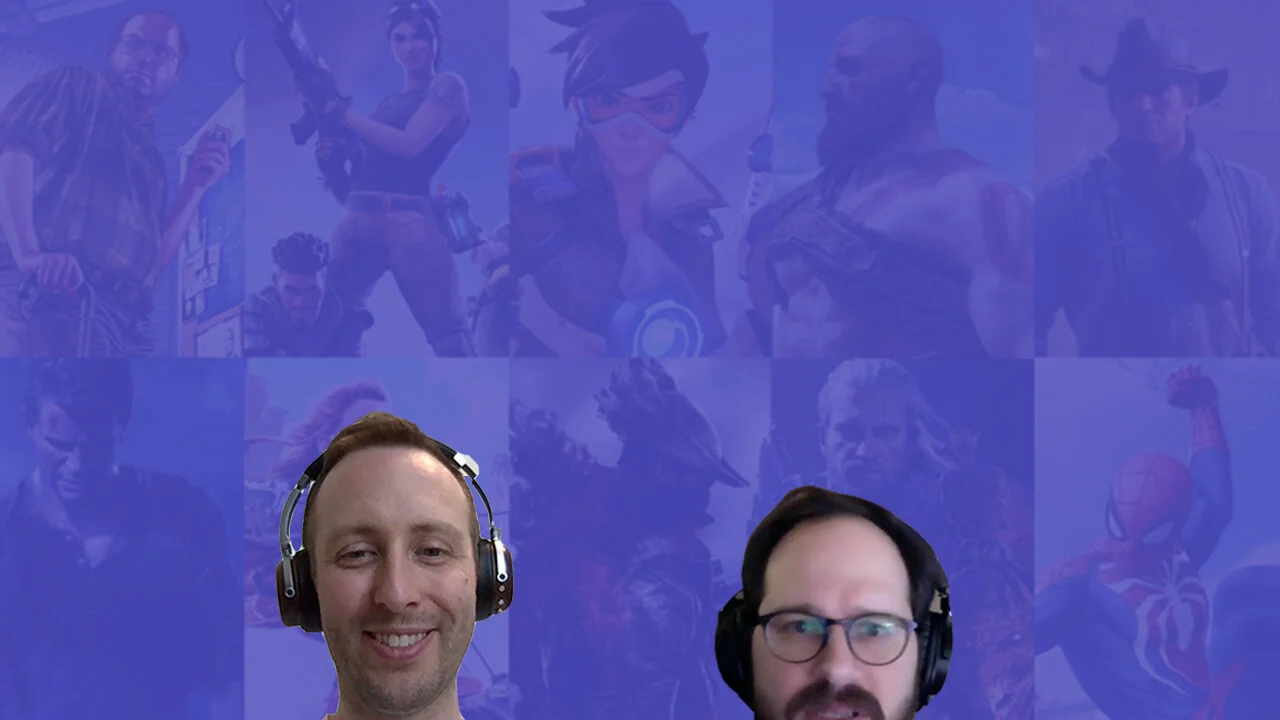In light of the newest generation of consoles being fully(ish) available, it marks a good point to start talking about how audio will change over this generation. From the talks with Mark Cerny, to Epic unveiling their new engine, the future of game audio is almost palpable. Some of the biggest changes will be in audio processing or transforming of audio signals, otherwise known as DSP.
Viewing entries in
blog
It has been a staple of music composition, be it in your favorite video game, DJ setlist, movie score, or pop artist; MIDI can be found everywhere electronic music is. It might not be a surprise that Koreographer Pro leans on MIDI for its most professional, expedited workflow. As we’ve covered before, Koreographer uses embedded musical data to stream information back to game systems in time with the music. If Koreographer isn’t a tool for music composition, then why use MIDI?
Music games are a dime a dozen in app stores and go all the way back to the first Parappa or Beatmania. There have been dozens of iterations on how to do the genre justice with gem smashers in Rock Band to obstacle courses in Vib Ribbon to omnidirectional commands in Guitaroo Man. They all have something in common; the method to get those punchy note placements to land right on beat. What you might not know is the process to make that happen.
How much have graphics advanced over the 9 generations of consoles? Now ask yourself the same question about audio. Why haven’t audio advancements kept pace with graphic advancements? this article takes a look at what technological developments happened in each generation and what we can do, as an industry, to bring game audio up to levels of fidelity graphics have achieved.
Games that become well known for how they leverage music tend to be, well, music/rhythm games like Guitar Hero, Crypt of the NecroDancer, or Beat Saber. These games make music a fundamental part of the game: pull the music out and the gameplay falls apart. It might be what comes to mind when we talk about "music in gameplay". However, a small set of game developers have been exploring new ways of using music in games - ways where music is tightly connected to the gameplay without being a core part of the gameplay itself.
The gap between game action and cinematic scoring prevents games from achieving the feeling of emotional fullness that cinema is capable of. This hasn't stopped game developers from trying, however. In this blog entry, we talk about the importance of music in games, and where it can go in the future.
New consoles arrive every four to seven years. If you compare a console's games to its last, you will see a spectrum of innovations. Rendering techniques become more efficient and realistic; designers find new ways to explore interaction and storytelling; game developers push the state of the art forward a little at a time. We at Sonic Bloom would like to take a moment to reflect on the outgoing 8th generation to highlight the games we think most exemplified important changes to the medium.
New consoles arrive every four to seven years. If you compare a console's games to its last, you will see a spectrum of innovations. Rendering techniques become more efficient and realistic; designers find new ways to explore interaction and storytelling; game developers push the state of the art forward a little at a time. We at Sonic Bloom would like to take a moment to reflect on the outgoing 8th generation to highlight the games we think most exemplified important changes to the medium.
By now some of you might be wondering “What is Bard?” That’s a totally fair question. The music licensing landscape is filled to the brim with music libraries. In fact, there are thousands of them. From the well established music libraries to the solo indie composer, there is no shortage of places to find music. And this is exactly why Bard exists: to make it easier to find music from across all of those libraries from a single place! Let’s dig into this a little bit.
Sonic Bloom is a music technology company founded by two lifelong friends: Eric Robinson and myself, Justin Stanizzi. Our friendship was founded on a shared awkward, geeky love of movies and video games. Learn a bit about our story and why we are compelled to help our fellow media artists make the most of music.








